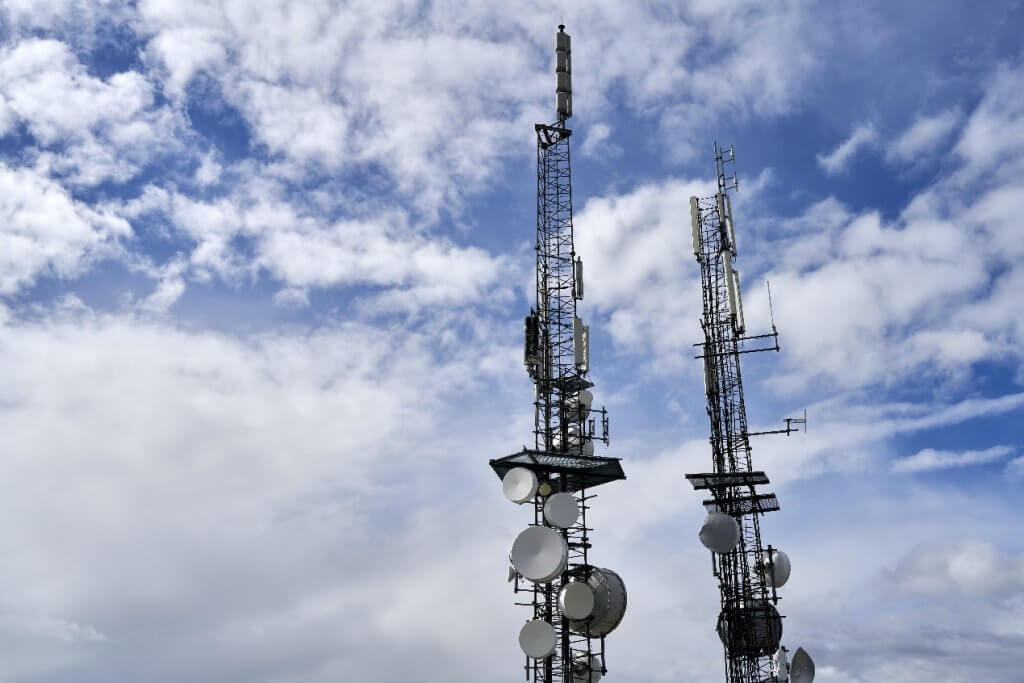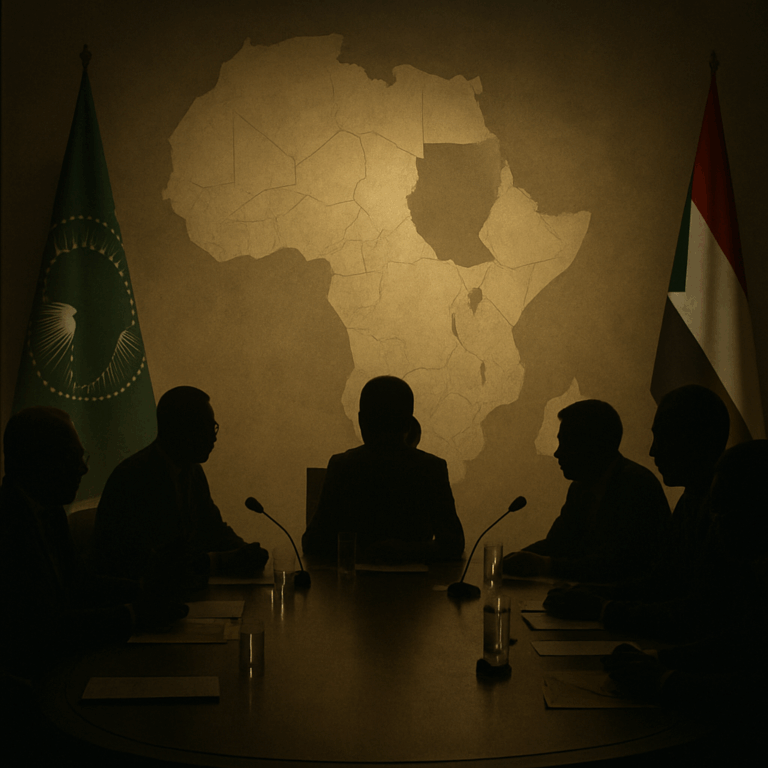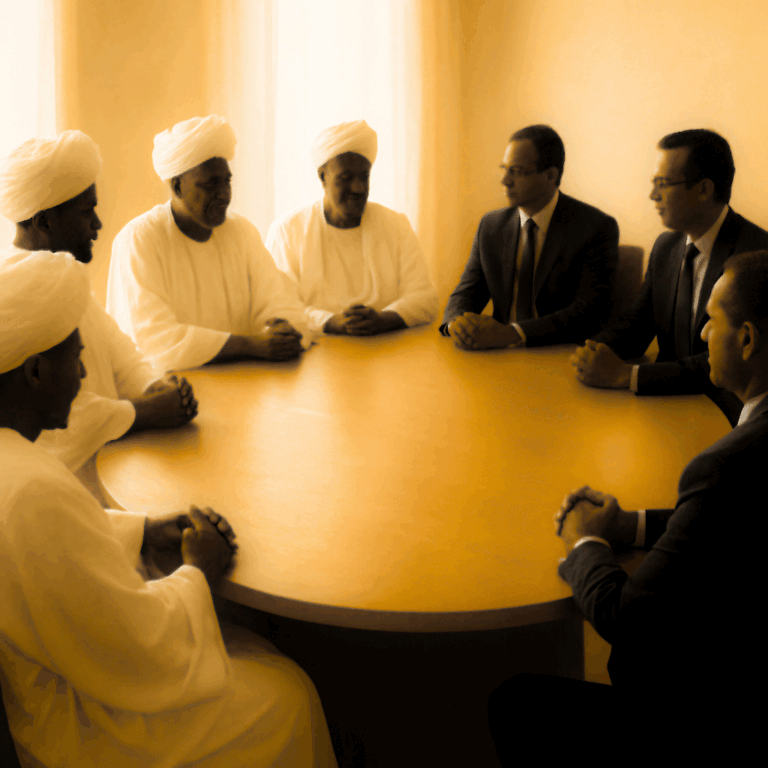Author: Khattab Hamad
Writing Date: 26 September 2024
Affiliation: Published as part of the 2024 AMEL Sudan Democracy Lifeline Fellowship
Disclaimer: The views expressed in this publication are those of the author(s) and do not necessarily reflect the official policy or position of AMEL
Description of AMEL Fellowship: The AMEL Sudan Democracy Lifeline Fellowship is an online program dedicated to empowering emerging voices to influence global discussions on democracy, peace, and development in Sudan. Through a series of interactive workshops, mentorship, and evidence-based research projects, fellows gain critical skills in analysis, policy formulation, and advocacy.
The ongoing conflict between the paramilitary Rapid Support Forces (RSF) and the Sudanese Armed Forces (SAF) has led Sudan into an exceptional humanitarian crisis. In addition to armed violence, the conflict has also created a digital siege that severely restricts the fundamental rights of Sudanese citizens.
In February 2024, the RSF imposed a nationwide total telecommunication blackout, leaving millions of people disconnected from the outside world. This digital blackout is a serious violation of human rights, as it prevents citizens from accessing important information, communicating with family and friends, and exercising their right to freedom of expression. In addition, in their areas, both RSF and SAF used to inspect the electronic devices of the citizens, which exposed their privacy.
Impact
The telecommunication blackout has had devastating consequences for Sudanese society. Journalists and activists were unable to document and report on human rights abuses. Healthcare providers were struggling to access critical medical information, in addition to the fact that Sudanese people used social media to look for medications during this crisis and before. Moreover, students were unable to continue their education. Also, ordinary citizens are cut off from their support networks and denied the basic right to stay informed.
One of Amel’s training projects in Darfur has encountered significant challenges due to the telecommunication infrastructure shutdown by the RSF. The region’s lack of internet and mobile connectivity has severely hampered our ability to train individuals effectively.
One obstacle has been the inability to verify accounts in certain applications via SMS, as this requires a mobile network. Despite Amel’s efforts to find alternative solutions, the ongoing security threats in Darfur have imposed additional limitations.
Moreover, Weam Shawky, a Sudanese feminist, told us that night curfews and restrictions on movement have limited access to areas with Starlink connectivity, particularly for women.
Moreover, the internet blackout has created a fertile ground for misinformation, disinformation, and propaganda. Without access to reliable information, citizens are vulnerable to influence operations and disinformation campaigns that can trigger tensions and fuel violence. The vacuum of information which was created as mentioned, allowed the propaganda and disinformation campaigns that were supported by the warring factions to flourish. The absence of communication and the internet struggled to access information, worsening the mission of fact-checkers and the citizens to verify information and claims. These campaigns manipulated public opinion and incited violence.
Humanitarian struggles
On the other hand, the Amnesty organization mentioned that the blackout also impacted the humanitarian response and emergency services, adding more struggle to the existing crisis. A joint statement by numerous organizations, including the Norwegian Refugee Council (NRC), described this event as “collective punishment” and called to restore the “life-saving” communication.
Many humanitarian NGOs started using Starlink as an alternative means of communication. Nearly 100 NGOs have warned Starlink that the shutdown of their services might lead to worsening the humanitarian crisis. Furthermore, the Islamic Relief Organization stated that the blackout threatened the delivery of humanitarian aid. However, these challenges spotlight the urgent need for a new framework to protect telecommunications infrastructure and guarantee the right to access, as the absence of telecommunication impacts humanitarian activities, civil society activities, and capacity building.
Rights and legal framework
The physical inspection of electronic devices prevented activists and journalists from moving freely. M.H., a journalist in Atbara city, told us that she reached out to many digital security specialists to assist her in encrypting her computer data as she plans to travel from one city to another, where security check points might meet her.
By turning off the internet, the RSF violates Article 19 of the International Convention of Civil and Political Rights (ICCPR), which guarantees the right to access the internet and information. Moreover, it also violated the UN Human Rights Council Resolution A/HRC/RES/32/13 (2016), which condemned measures to intentionally prevent or disrupt access to or dissemination of information online in violation of international human rights law.
As a part of the Sudan Lifeline Fellowship of the African Middle Eastern Leadership Project (AMEL), a policy paper proposed amendments to the international framework to ensure global legal texts that work to avoid communications interruption during conflicts, in addition to
protecting communications workers during such circumstances. The paper proposed amending the mandate of the International Committee of the Red Cross (ICRC) through the International Humanitarian Law (IHL) by adding a legal text obligating all countries not to attack the communications infrastructure or its personnel and recognizing the ICRC, as a neutral party, a protector and implementer of communications operations in conflict zones. Implementing this recommendation would prevent such an event from occurring in the future, whether in Sudan or other countries.
The digital blackout in Sudan and privacy violation practices are a significant reminder of the importance of protecting human rights in the digital age. As technology continues to evolve, it is essential that the international community and civil society work together to ensure that the internet is used as a tool for empowerment, not oppression.




